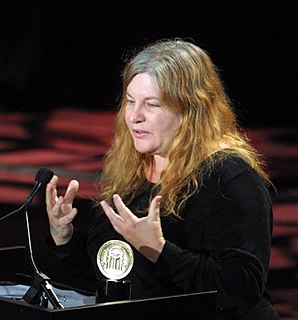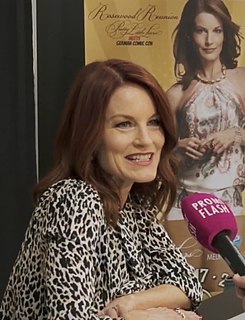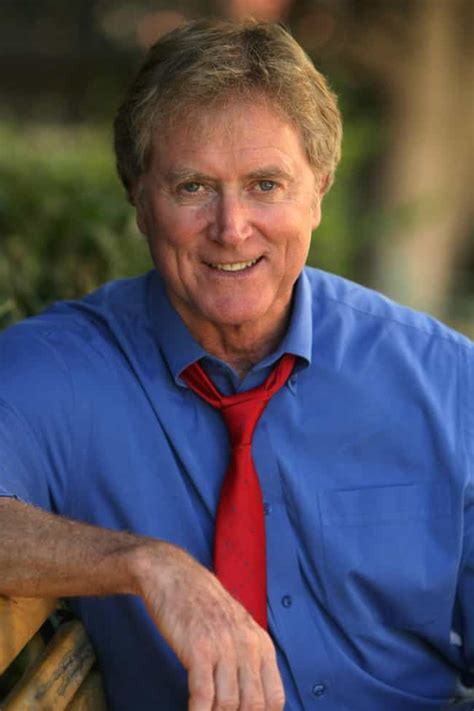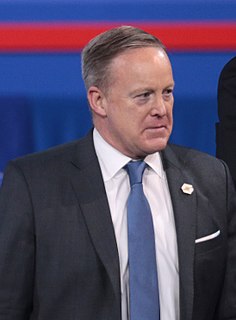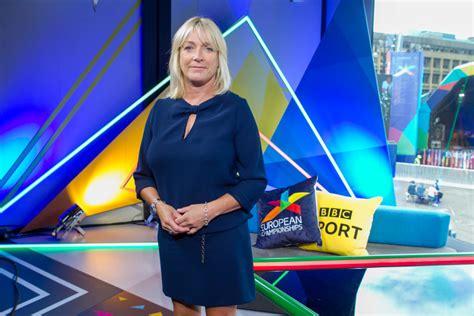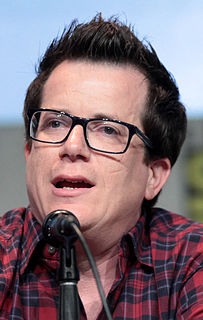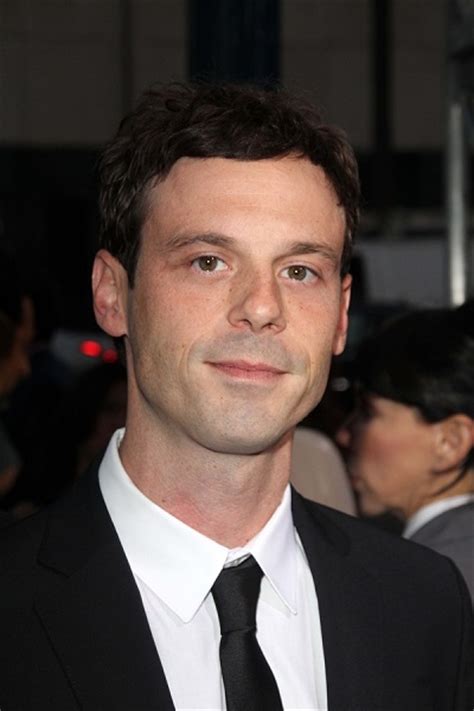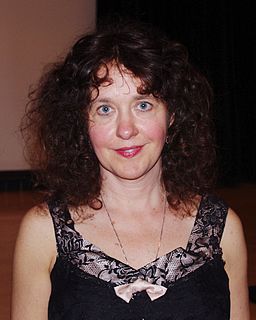A Quote by Biz Stone
I think that's a really important role that people sometimes forget about, especially with all these newspaper shutting down and having trouble, where are all these stories going to go? I think you have something really great with all those stories waiting to be told, but I just don't know how it shapes up exactly. I don't think there are going to be a lot of newspaper reporters sitting around not writing.
Quote Topics
About
Around
Down
Down And
Exactly
Forget
Go
Going
Great
Having
How
Important
Important Role
Just
Know
Know How
Lot
Newspaper
Newspaper Reporters
People
Really
Really Great
Reporters
Role
Shapes
Shutting
Shutting Down
Sitting
Sitting Around
Something
Something Real
Sometimes
Stories
Think
Those
Trouble
Up
Waiting
Writing
Related Quotes
I don't know that movies are important. But I know that stories are important. Movies may disappear. They've only been around, for God's sake, for the last hundred years... I think that it's the need to tell stories, and that people need to be told stories. It's the old sitting around the fire, you know.
If you want a film and they don't want you, sometimes you have to go fight for it. Sometimes that ends up just being a meeting really, just sitting down with them and just saying here is my vision for it and here is why I really love it. But for the most part, I think filmmakers gravitate towards people that are excited - as excited as they are about the film and as passionate about it. So sometimes going after it isn't so much a function of auditioning as it is just sitting down with the filmmaker.
I think 'Pretty Little Liars' is going to be hugely popular for adults, for kids, for girls, for guys, you know, something for everyone to look at, and the stories are going to be great. There's suspense every week. The friendship is really fun to watch. I think it's going to have something for everybody.
I think that television lately has been extremely dark and, in some ways, cynical but I also think that people who are writing those shows probably feel exactly as I do - that sometimes the darkness of a story can highlight the light in a story. There's a lot of cynical stuff but I think it may be even more in movies now where you see so many movies about cynical and corrupted characters. That's the state of many movies right now but movies, television, all of culture, there's always going to be a battle between the stories that are cynical and stories that are hopeful.
I think most people aren't really privy to how stories are developed and what stories are - make it to the front page or to the mainstream media, whether it's in print or in broadcast. And I think they'd be shocked and disappointed to see some of the bias that exists in some of the stories that don't get told - or the manner in which they are told.
Leading up to a live event you need to do your homework and go to bed early. Sometimes it's very tempting to go out with everybody else, They're all going to a party or going out for a nice meal and you think 'oh well I'd like to go', but sometimes you think 'no, if I'm going to be sitting in front of a camera under a light in everybody's home tomorrow I don't want big bags under my eyes and not really know what I'm talking about'.
What's in yesterday's newspaper is today's fish-and-chip paper. If it really affects my life so badly, so personally, then I would do something about it. When it's really out of order, or something possibly detrimental to my family, or I'm driven to such a level that I know that this can be picked up and repeated again, I will just write or e-mail the newspaper editor. So, in the next day's newspaper, it might say, "Tracey Emin says this is factually incorrect."
Supernatural hasn't spent a lot of time on relationship stories, and this is a really nice mechanism to do that without imposing that on the forward momentum of these other stories that we're telling. In the writers' room we tend to say, "We're never going to be able to give a hell or Purgatory as good as people's imaginations," so the instinct is normally not to go there. But, we went the other way this year and said, "We are going to go there," because there's a really, really strong character thing going on down there.
Each of us is comprised of stories, stories not only about ourselves but stories about ancestors we never knew and people we've never met. We have stories we love to tell and stories we have never told anyone. The extent to which others know us is determined by the stories we choose to share. We extend a deep trust to someone when we say, "I'm going to tell you something I've never told anyone." Sharing stories creates trust because through stories we come to a recognition of how much we have in common.
I just like good stories. I like really interesting scripts, I love really great filmmakers. And I'm open to all genres and all stories. But, there's certain ones that attract me, and I don't really sort of look at what I think is going to be successful, I look at more so, you know, is this what I want to do regardless of what everybody else thinks?
I think journalist is a great profession. It's complicated now. People talk about the demise of investigative reporting.Newspapers play an amazing role in our society, and I still think they are important. I'm sorry newspaper circulation is down. Ultimately, the importance of newspapers can't be replaced.
Writing is really just a matter of writing a lot, writing consistently and having faith that you'll continue to get better and better. Sometimes, people think that if they don't display great talent and have some success right away, they won't succeed. But writing is about struggling through and learning and finding out what it is about writing itself that you really love.
What does it matter, if we tell the same old stories? ...Stories tell us who we are. What we’re capable of. When we go out looking for stories we are, I think, in many ways going in search of ourselves, trying to find understanding of our lives, and the people around us. Stories, and language tell us what’s important.
My impression of Donald Trump, just having been around him. I don't think Trump needs a lot of advisers. I don't think Trump's sitting up there not knowing what he thinks, not knowing what he thinks is best. I don't think that as these things come and go, he runs around, "What do you think I should do?" I think what happens is he makes up his mind he wants to do something and then asks people how's the best way to make it happen. He goes and talks to the military.
I think a lot about how ideas spread, how information spreads, why is it that something you're really proud of and you spend a lot of time creating sometimes doesn't go anywhere, and something that you kind of do on the side, on a lark, ends up getting shared and passed around and having this big impact.

